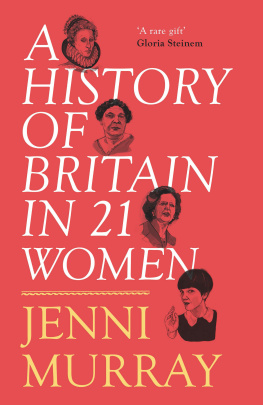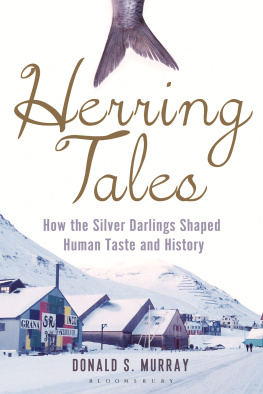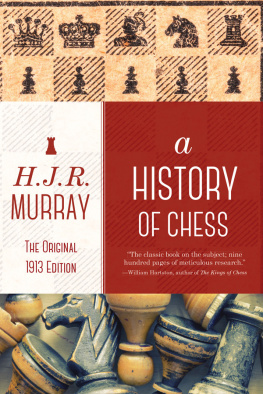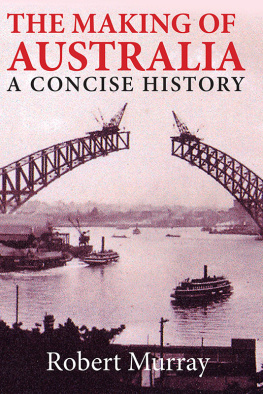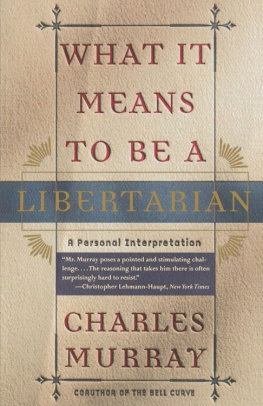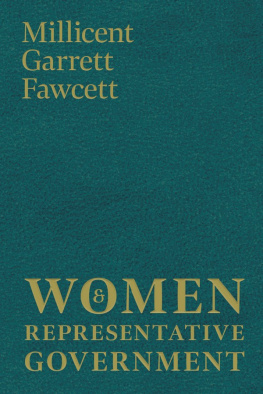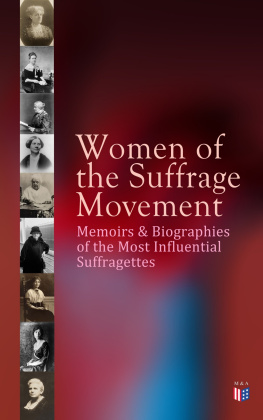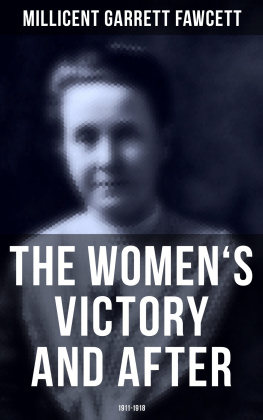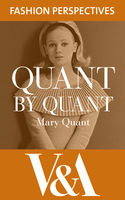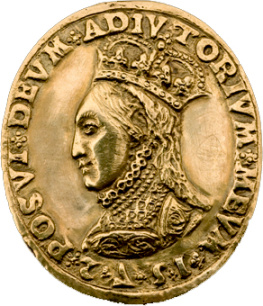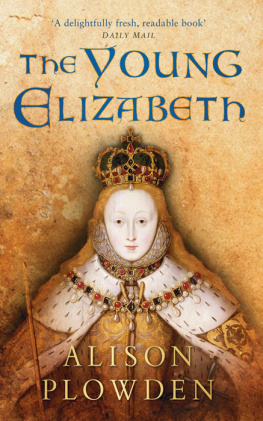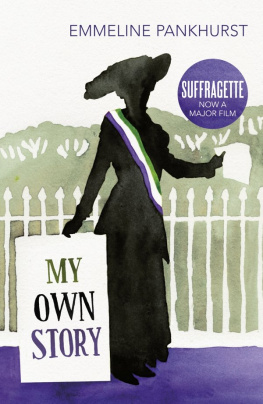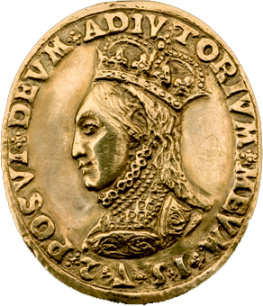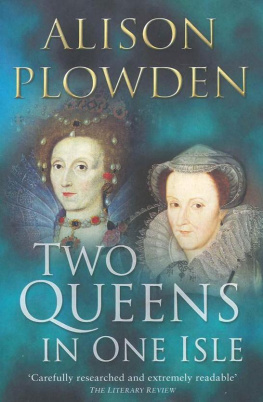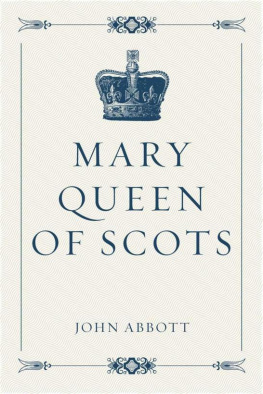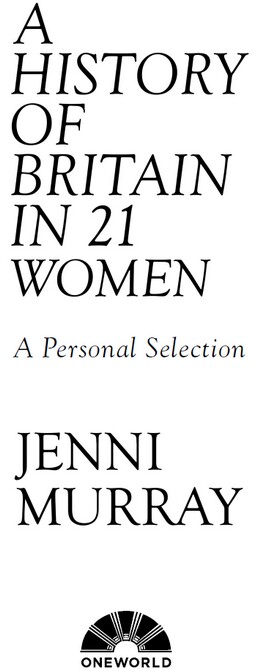
For all the young people who need to know.
In an anti-male era, its important to remember that men built the planes, fought the wars, laid the railroad tracks, invented the cars, built the hospitals, invented the medicines and sailed the ships that made it all happen.
Steve Biddulph, Raising Boys
Rubbish!
Jenni Murray
Contents
Introduction
It was Thomas Carlyle, circa 1840, who said, The history of the world is but the biography of great men, and, as a girl growing up in the 1950s and 60s, his philosophy was pretty much what I was taught and what I believed. Yes, I saw a Queen crowned when I was three years old, but was told she had no real power. Her role was to look lovely, continue the tradition of royal figureheads and be charming.
The movers and shakers, the people who controlled our lives, made political decisions and dictated how our physical and cultural lives should be lived, were men. The role of a woman was to learn how to be a good wife and mother, do the cooking and cleaning, nurture those around her, and have a bit of education so that she would be fit to raise the next generation.
It was education that fed my growing sense that all was not well with the expectations placed on my gender. At a wonderful girls high school in Barnsley I began to discover that there were women who had influenced history and challenged the assumption that a womans place was in the home. Some of them came to my notice and inspired me at school.
Trips to London with my parents introduced me to a couple of famous statues of women, although, even today, they are few and far between. University was a bit of a desert it astounds me still that I could have studied French and Drama for three years without anyone mentioning that Aphra Behn was the first woman to earn her living writing plays, or that Simone de Beauvoir had written every bit as powerfully as her lover, Jean-Paul Sartre.
As I grew older and the womens movement began to uncover more and more womens history and my years on Radio 4s Womans Hour introduced me to others of whom I had never heard, I concluded that Carlyle could not have got it more wrong.
This book contains only a very small selection of the millions of women who have influenced the history of Britain, but they are my choices. They are the women who, from my earliest years until now, have made me realise that there is more to being a woman than making life comfortable for the men around me. I guess the modern clich is that they were my role models, and I shant apologise for wanting to pass on the lives of such inspiring characters.
There will, inevitably, be some notable omissions. Why, for instance, I was asked, had I left out Marie Stopes, whose book Married Love was the first volume of advice on sex and contraception? Im afraid, despite all the good work she did, Ive never been able to excuse her interest in eugenics. Then, only one Queen is featured in the book Elizabeth I. Shes here because I became obsessed with her during my teenage years. She may have been born to her job, but her journey to the throne was long and hard. She followed her half-brother Edward, the unfortunate Lady Jane Grey, her older, childless half-sister Mary, and as the daughter of the dangerous Henry VIII, who tended to send those who displeased him to the scaffold, including her own mother, Elizabeths childhood and youth could not have been more difficult or risky.
Of course, Queen Victoria presided over the growth of the British Empire and Elizabeth II has kept the Commonwealth together. She is the longest-serving monarch in British history and her energy and fortitude are quite remarkable. I doubt Ive ever been more impressed than when I saw her on television, in her ninetieth year, astride her horse, chatting amiably to the groom who accompanied her. She has a good twenty-four years on me and I doubt Id even be able to mount, let alone stay comfortably on board. I have nothing but admiration for her. Nevertheless, my main interest lies in the women who made their impact not because they inherited their role, but because they fought prejudice and succeeded despite their background and their gender.
In November 2015 it was proposed that feminism should be cut from the Politics A-level syllabus. The suffragette movement was to be squeezed into a section on pressure groups. Only one political thinker, the eighteenth-century feminist Mary Wollstonecraft, was to be mentioned by name. So still, despite the widely held assumption that women in the twenty-first century have achieved complete equality of opportunity with men, the story of the women who, from the earliest times, went before them and struggled to make their way in a male-dominated world was deemed an unnecessary part of the syllabus.
I remember being furious when one of my sons came home with the textbook hed been given at school for his twentieth-century British History A-level course. Mum, he said, I dont think this is right. I cant find any mention of women in this book except half a page on the suffragettes. OK, hes my son. He grew up with a mother who made sure her boys understood first that housework and childcare are jobs to be shared between everyone who occupies a household not just the women and girls and that the women with whom they would spend their adult lives were as likely as them to be lawyers, vets or journalists.
I also taught them they might argue I rather banged on about it what a battle women had fought for the right to vote, to get into university, to be doctors, engineers, astronauts, pilots, rocket scientists, artists, composers all those ambitions enjoyed by boys, which for so long were considered unsuitable for girls. Not every boy or girl gets the chance to learn such things at home, but it is vital that everyone, male or female, is taught that sexism has no place in the times we occupy.
Lets simply set aside Carlyles hopelessly outdated view and make sure all our children know that the history of the world is the history of great men and women. And that the prejudice faced by women, which, frankly, persists despite the ever-growing feminist movement, means that we have always had to work a whole lot harder to make our mark. The twenty-one women in this book rose above the low expectations of their gender and defied anyone who insisted a girl cant do that. Slowly, slowly, over the centuries, they changed the gender landscape for those of us who came after. Fifty-two per cent of the population, holding up the sky, after all!
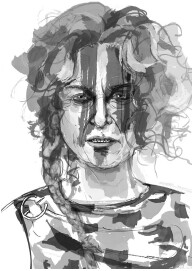
They that scorn the tribes and call us
Britains barbarous populaces,
Did they hear me, would they listen,
did they pity me supplicating?
Shall I heed them in their anguish?
shall I brook to be supplicated?
Tennyson gives voice to Boadicea
Boadicea
Birth unknown. Died 60/61 ce
I make no apology for sticking with the name Boadicea. It was what I was taught as a child. Although its become fashionable to refer to her as Boudicca, it seems to me a much less attractive sound. Theres long been debate about how to name her correctly. In Holinsheds Chronicles of 1577 she is called Voadicia. Spenser, in Book Two of his epic poem The Faerie Queene (1590), refers to her as Bonduca. The modern novelist Manda Scott, in her series of novels about the Iceni queen, calls her Breaca nic Graine and emphasises her role within the tribe as a woman who practised magic and divination. I can find no source for Scotts interpretation, but there does seem to be evidence that Boadicea concealed a hare in her garments. She would let it escape to see how it would run. In that way she would make prophecies.
Next page
